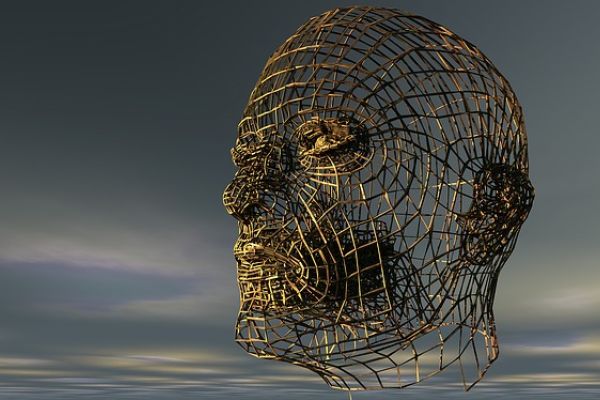
Displacement
Displacement is a defense mechanism in which a person redirects an emotional reaction from the rightful recipient onto another person or object.
For example, if a manager screams at an employee, the employee doesn't scream back—but he may yell at his spouse later that night. Displacement often involves deflected anger or aggression, but it can include other feelings and impulses as well.
The concept of defense mechanisms was originally developed by Sigmund Freud and his daughter Anna Freud; they function to unconsciously protect the ego from discomfort or distress. Although many Freudian theories have been disproven over time, defense mechanisms like displacement have endured.

Defense mechanisms crop up for everyone from time to time; displacement only interferes with mental health when it becomes habitual or interferes with daily life, such as a job or relationship.
Displacement may relieve distress or preserve self-esteem in the moment but damage well-being over time. The reaction can exacerbate personal problems or relationship conflict while failing to address the underlying problem.
It can be difficult to recognize displacement, so a therapist can be a helpful guide. The therapist may observe patterns in which a patient seems to overreact or redirect frustration onto a seemingly unrelated person. The pair can then explore the root cause so the patient can move forward.
Displacement takes place because it’s sometimes safer or easier to focus on a less threatening person. In the case of the employee who is reprimanded by her boss, responding in anger could cost her her job. Responding differently would require skills of confrontation and conflict resolution. Displacing her anger onto her spouse or child provides a less powerful, lower stakes, and more controllable target.
Displacement may arise in therapy for patients who struggle with anger problems. Anger may be often related to adverse childhood experiences (ACEs), such as physical, emotional or sexual abuse, neglect, witnessing violence, parental divorce, and parental alcohol or substance abuse.
These individuals may not have been able to acknowledge or fully process their emotions as children. It can be overwhelming to endure pain and not be able to seek comfort from a caretaker who perpetrates this suffering, so anger may be displaced onto someone else. This pattern can continue throughout adulthood: Problems with authority, law enforcement, bullying, or relationships can lead someone to seek therapy. These emotions and experiences can then be explored.
One way to prevent displacement is to challenge distorted or irrational beliefs. People can change their view of a situation from one of anger to one of frustration, sadness, or disappointment; acknowledge the unfairness of the situation, and the fact that people are not always treated fairly. These mental shifts can help confront and process stress and anger, rather than unconsciously pushing it onto others.
Projection is another defense mechanism, in which people attribute their feelings or desires to someone else. For example, if a bully constantly ridicules a peer about his insecurities, the bully might be projecting his own struggle with self-esteem onto the other person. Projection and displacement are similar, but projection involves misinterpreting the target’s motivations, while displacement involves misattributing one’s own response.

Displacement can be a difficult dynamic to encounter, or even recognize, yet it can occur in many domains, from relationships to politics. It’s also important to acknowledge that not everyone who expresses frustration or anger is displacing—sometimes a person can be genuinely upset without the other person realizing why.
Displacing emotions onto a friend or romantic partner can drive conflict in relationships. Intense reactions may hurt the other person and fail to resolve the distressing situation. Displaced anger or aggression is a common example of this. Another is someone who lacks a fulfilling relationship and devotes lots of time and attention to another person, as a sort of “placeholder” partner.
Addiction can be fueled by feelings of helplessness and powerlessness. Those emotions produce a sense of anger that can overwhelm people’s judgment. When that anger is not expressed to the person or situation that caused it, the decision to drink or do drugs functions as an act of control, an act to regain autonomy and power. If this behavior becomes a pattern, it can fuel addiction to alcohol, drugs, or compulsive behaviors.
Displacement is one of many factors that contribute to bullying. Sometimes a bully may be the victim of abuse or violence at home, and he feels powerless to address his pain and anger. He then redirects that anger toward targets at school who are less threatening and powerful. This can lead to a cycle of aggression.
This pattern is not limited to childhood, and it can occur in adolescence and adulthood as well. For example, research suggests that displaced anger may be a contributing factor in gang violence.
Targets of displacement are often less powerful or threatening than the original source of anger. Political leaders may recognize and exploit this tendency. For example, a politician may gin up anger and frustration about people’s economic status and redirect that anger onto a scapegoat with less power, such as a racial minority.
This tactic allows leaders to divide the population and divert anger that may have been directed at government leadership towards the group of their choosing, which can strengthen and maintain authority.














